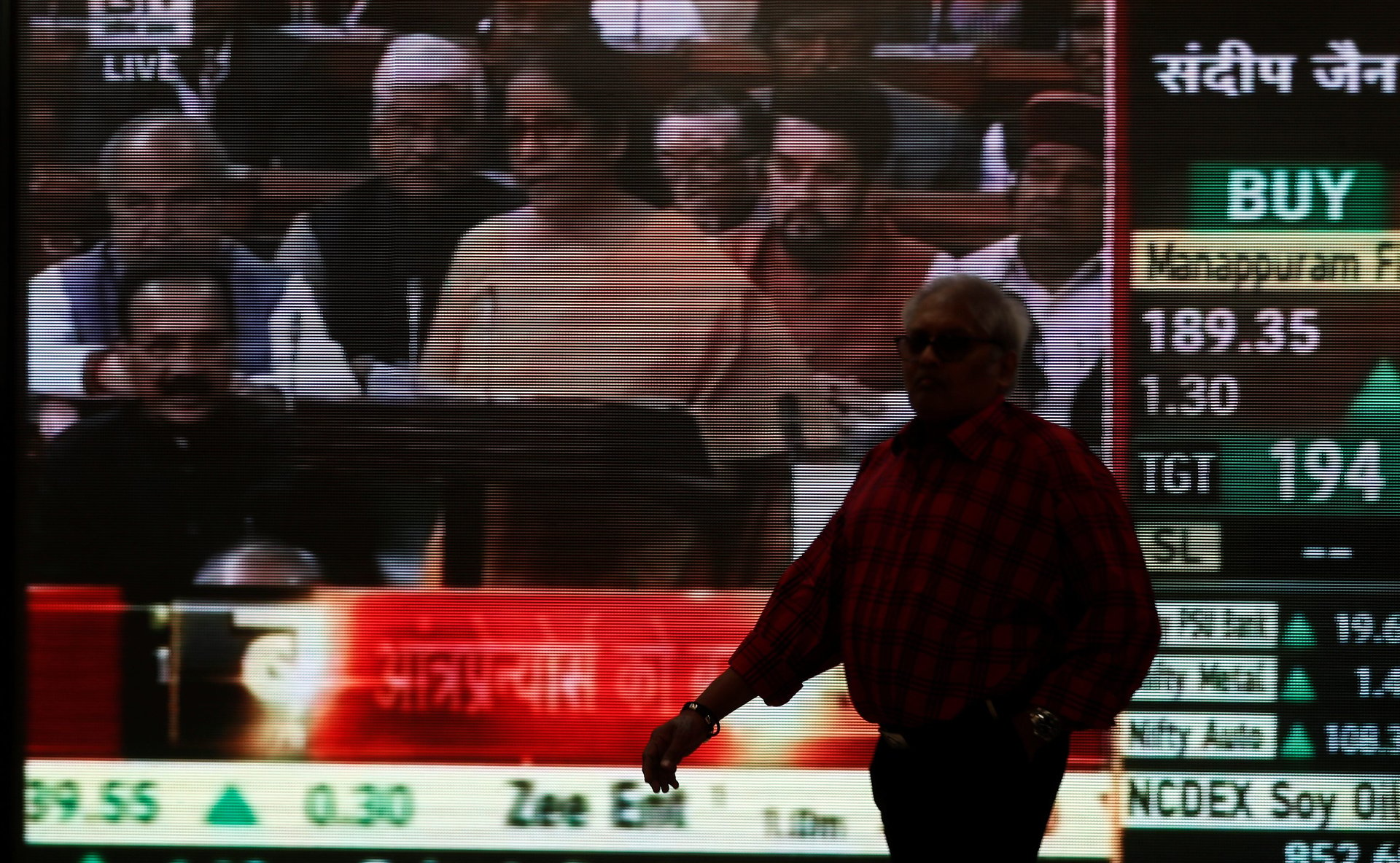Who is the Kashmiri poet Nirmala Sitharaman quoted in her loooooooong budget speech?
Indian finance minister Nirmala Sitharaman today (Feb. 1) used six different languages in her annual budget speech, largely made in English.


Indian finance minister Nirmala Sitharaman today (Feb. 1) used six different languages in her annual budget speech, largely made in English.
This included a phrase in French, a verse from Kalidasa’s Sanskrit work Raghuvamsam, one from Tamil philosopher Thiruvalluvar’s Tirukkural, another of the female Tamil saint-poet Avvaiyyar.
However, what stood out in the more than 2.5 hour-long speech—a record—was her quoting Kashmiri poet Dina Nath Kaul “Nadim.”
This came in the backdrop of the scrubbing of Article 370 of the Indian constitution a few months ago. The Article provided the former Indian state of Jammu & Kashmir relative autonomy from the Indian state.
The verses put the spotlight on the persecution of the Kashmiri Pandit community of Hindu Brahmins in the early 1990s. Quoting from the poet’s “Myon Watan” (My Country), she referred to the poet as Pandit Dina Nath Kaul, excising the Muslim “Nadim,” his nom de plume. Kaul is a common Kashmiri Pandit surname.
After reading out the verse in Kashmiri, Sitharaman translated it into Hindi:
Hamara watan, khilte hue Shalimar Bagh jaisaHamara watan, Dal jheel main khilte hue kamal jaisa
Nau jawanon ke garam khoon jaisa
Mera watan, tera watan, hamara watan
Duniya ka sabse pyaara watan
(Our country, like the blossoming Shalimar BaghOur country, like the lotus blooming in the Dal Lake
Like the warm blood of the young
My country, your country, our country
The most beloved country in the world)
The man and the poet
Nadim was born in 1916 in Srinagar, the capital of erstwhile princely state of Jammu & Kashmir, which acceded to India in 1948. It was in 1946, a year before Indian independence, that Nadim arrived on the state’s literary and cultural scene.
Deemed a leftist, he was at the heart of Kashmir’s progressive writers’ community. However, Nadim never had his work published in his own name. This was a conundrum faced by the jury of the Soviet Land Nehru Award in 1971. It was resolved by awarding him for the “totality of his works.”
A year before his death, Nadim won the prestigious Sahitya Akademi award in 1987.
The name Nadim represents Jammu & Kashmir syncretic culture, and he was closely associated with the National Conference party founded by Sheikh Abdullah. Nadim would often dedicate his works to the Kashmiri political stalwart.
The irony of Abdullah’s son and grandson, former chief ministers Farooq Abdullah and Omar Abdullah, respectively, being under arrest since India’s Aug. 5 move on Article 370, was not lost on parliament today.